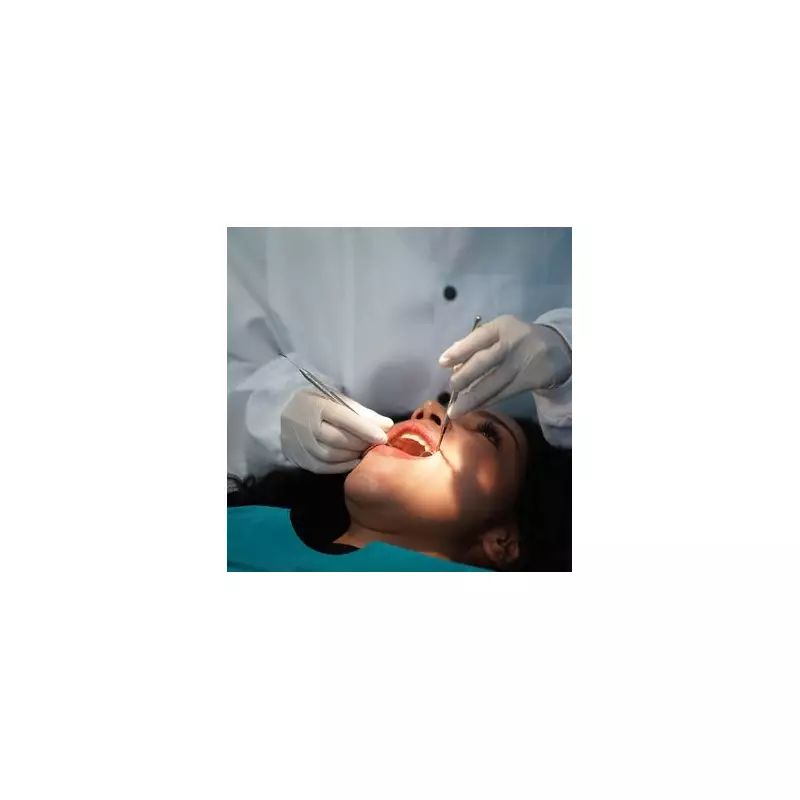
A dentist has issued a crucial warning that could change how you store your toothbrush, revealing that using a protective cap might be doing more harm than good for your oral health.
The hidden danger of toothbrush caps
While many people believe covering their toothbrush protects it from germs, dentist Janira Sánchez has taken to TikTok to explain why this common practice is actually counterproductive. The cap traps moisture and creates an ideal environment for fungi and bacteria to multiply, potentially undermining your oral hygiene efforts.
"Many people believe the cap protects them against bacteria but, in reality, the moisture gets trapped inside and encourages more fungi and bacteria to grow," Sánchez explained in her viral video.
Proper toothbrush storage recommendations
Instead of using a cap, the dentist recommends several key practices for maintaining a clean toothbrush. Store your toothbrush uncapped in a closed cupboard, standing upright, and without touching other brushes to prevent cross-contamination.
For those who remain determined to use a cover, Sánchez suggests opting for a ventilated cap and ensuring the brush is completely dry before covering it. This allows for better air circulation and reduces moisture buildup.
Comprehensive toothbrush cleaning guide
Beyond storage considerations, proper cleaning techniques are essential for maintaining oral hygiene. After each use, thoroughly rinse your toothbrush with tap water to remove toothpaste and debris. Position it upright in a holder to air dry properly, avoiding flat surfaces or enclosed containers that trap moisture.
Additional maintenance tips include keeping toothbrushes separated to prevent cross-contamination, regularly wiping down the handle, and performing weekly deep cleaning using antibacterial mouthwash or a 3% hydrogen peroxide solution. Replace your toothbrush or brush head every 3-4 months, or sooner if bristles appear frayed.
For optimal hygiene, store toothbrushes as far from the toilet as possible and always close the lid before flushing to minimise exposure to airborne germs.
Growing dental health concerns in the UK
This advice comes at a critical time for UK dental health. A University of Greenwich study using advanced modelling techniques has projected concerning trends based on the 2009 Adult Dental Health Survey. The research predicts gum disease will affect 54% of the UK population by 2050, a significant increase from the current 42%.
With dental health issues expected to become more prevalent over the next decades, proper oral care practices including correct toothbrush storage have never been more important for maintaining long-term dental wellness.






